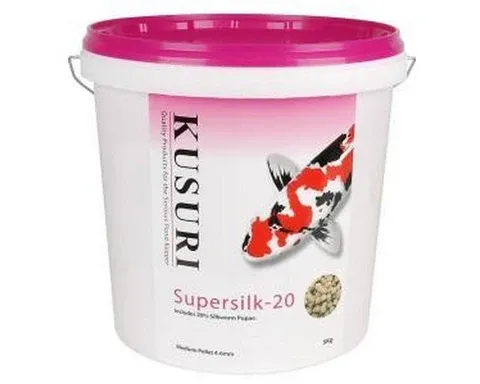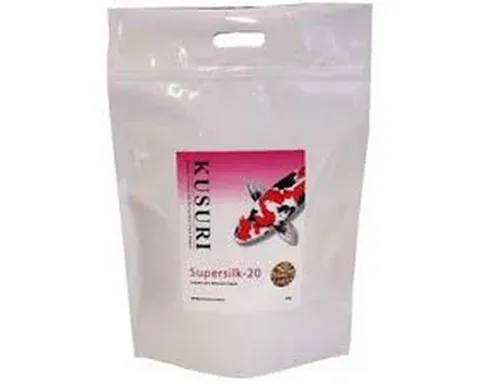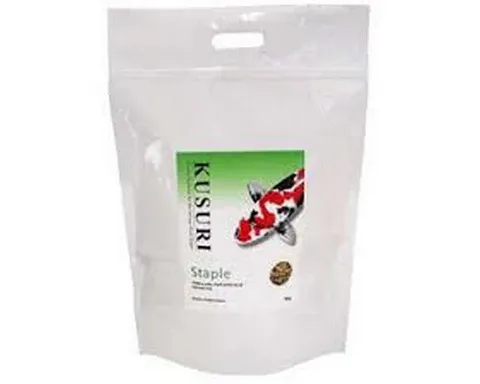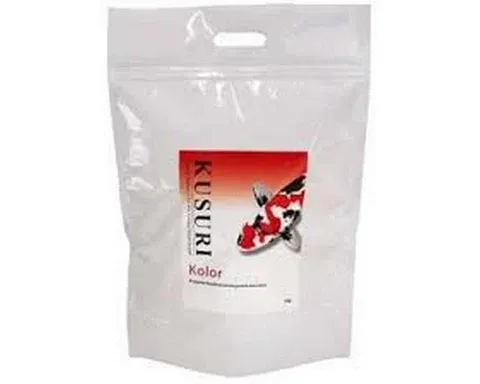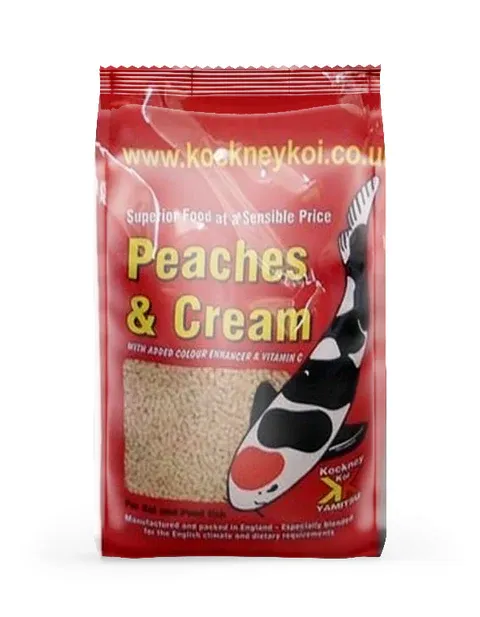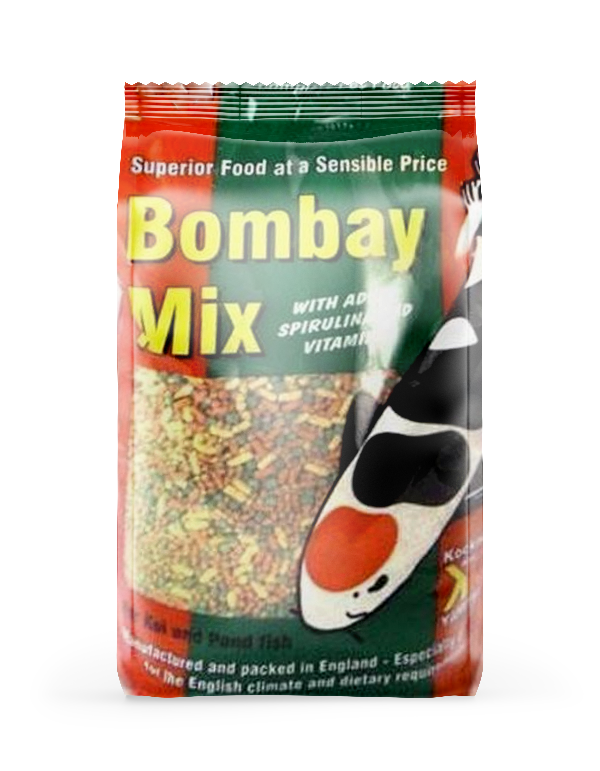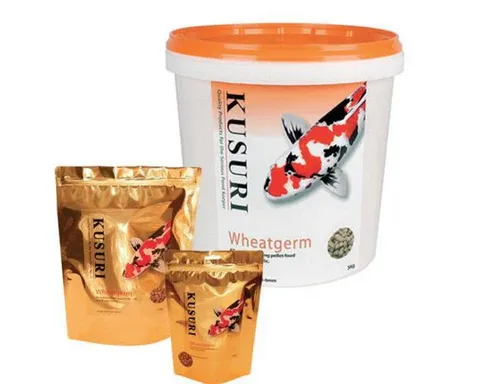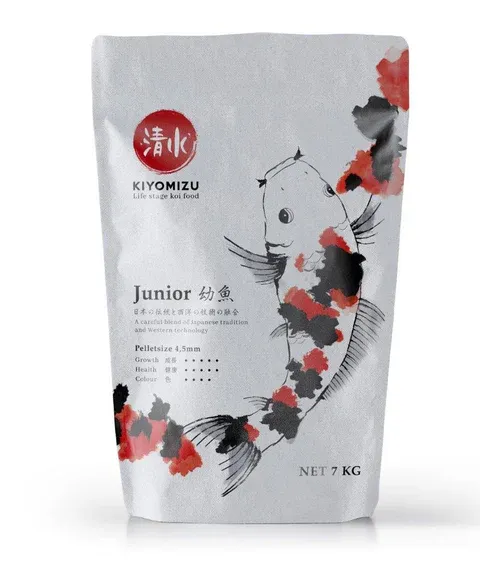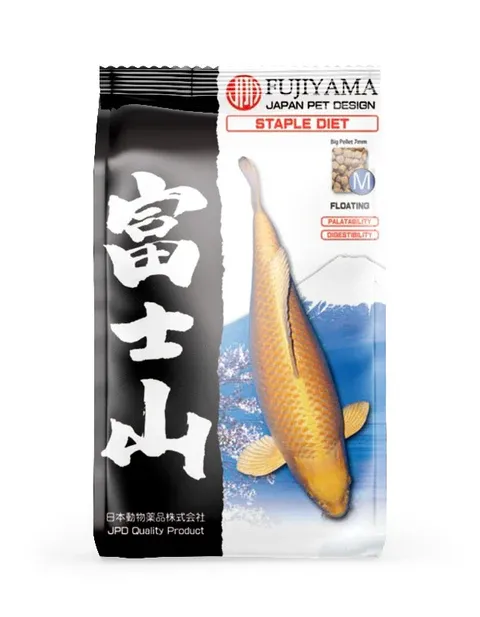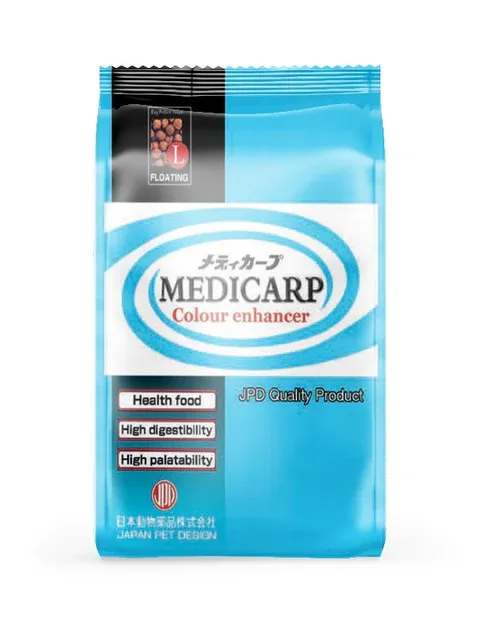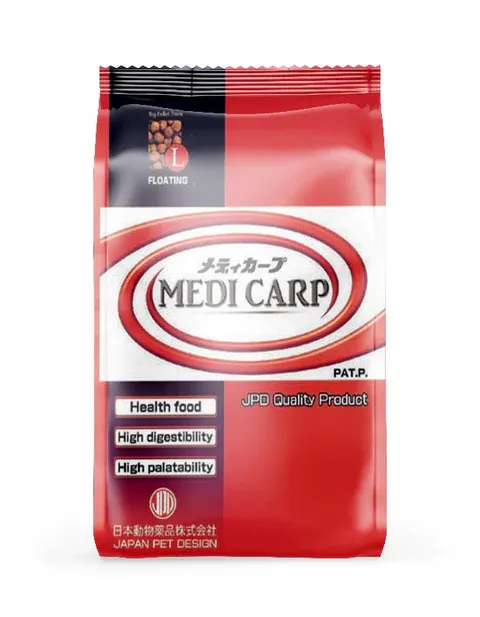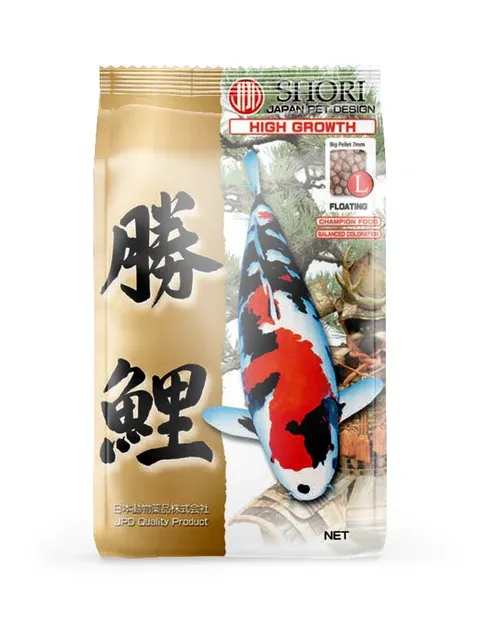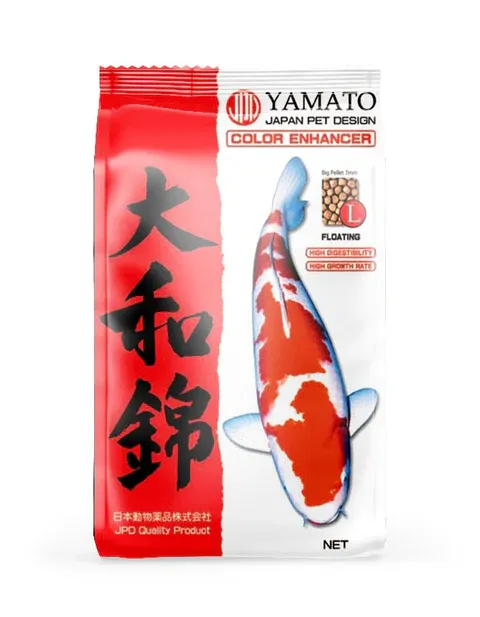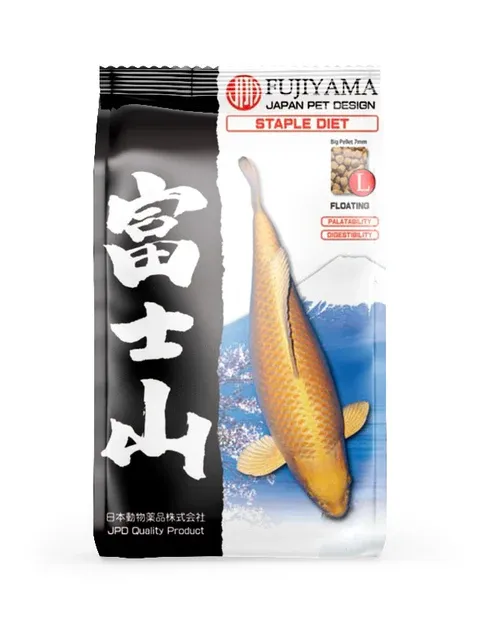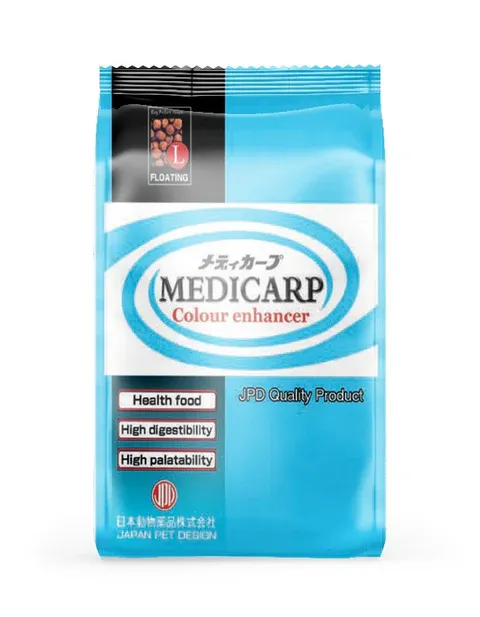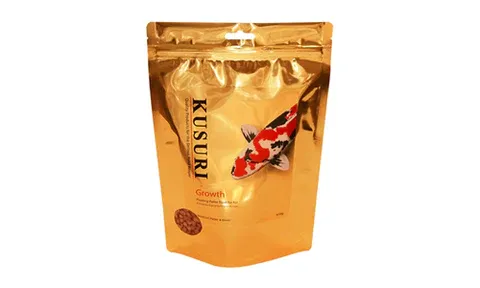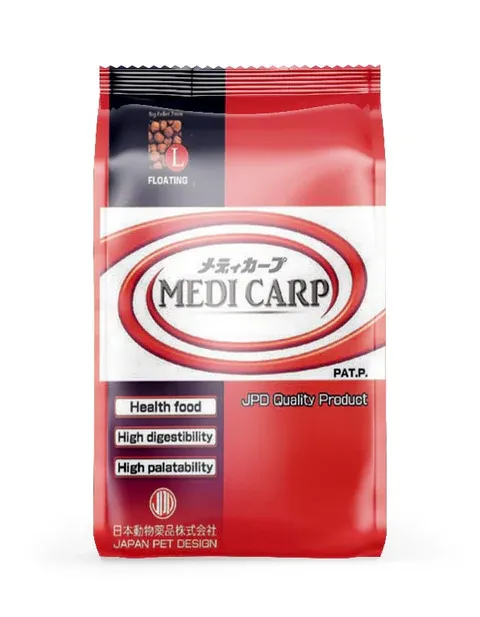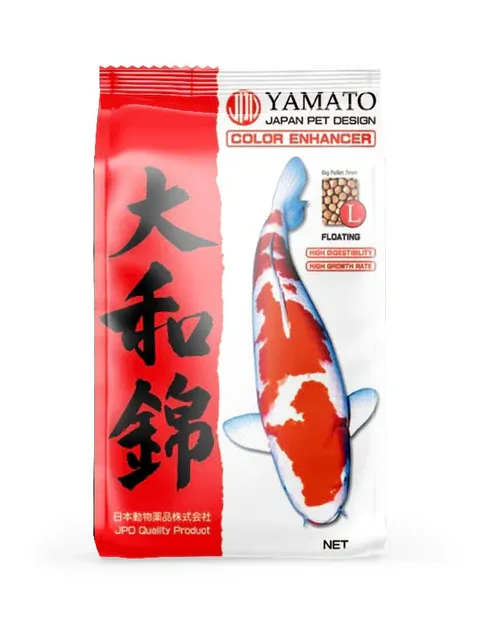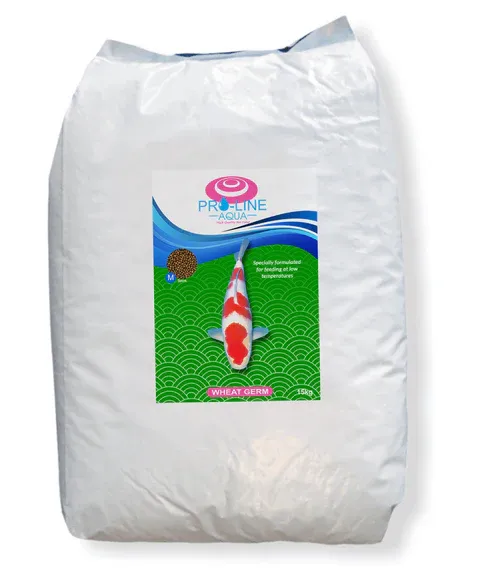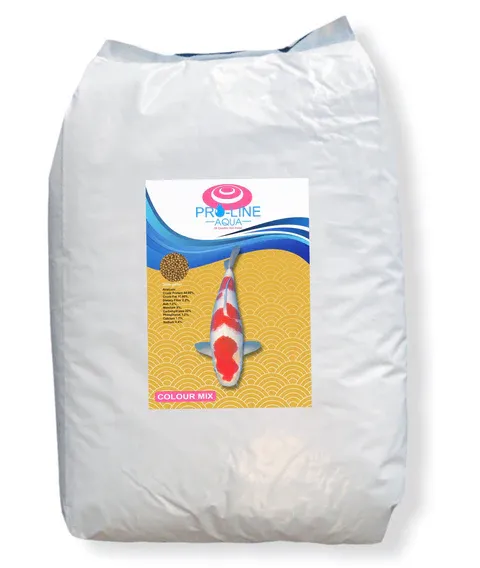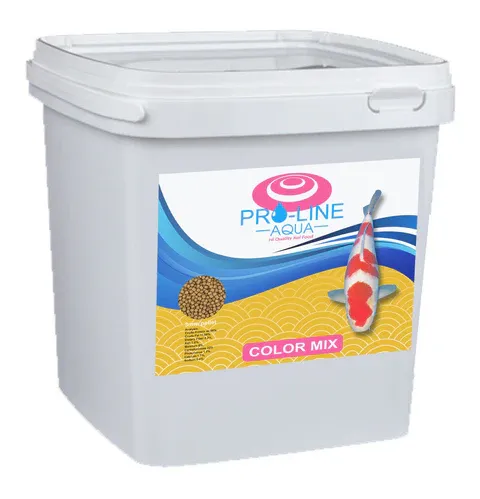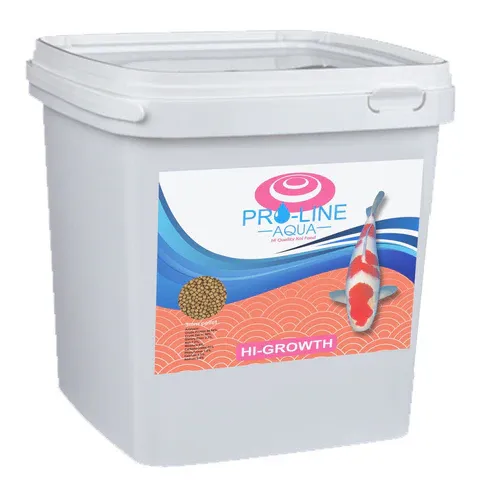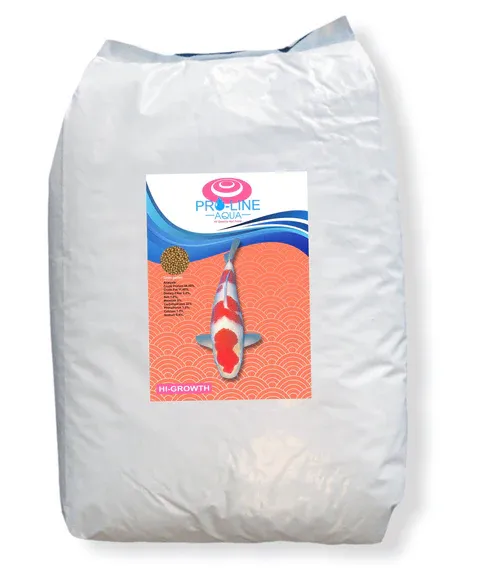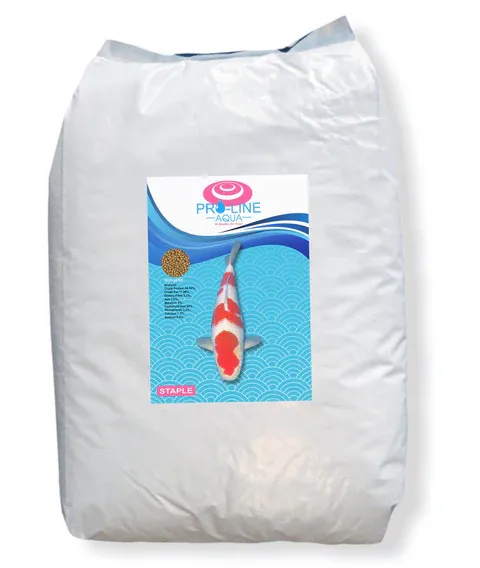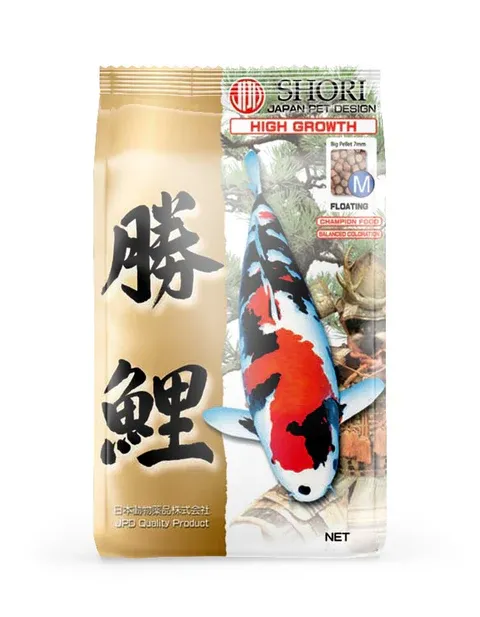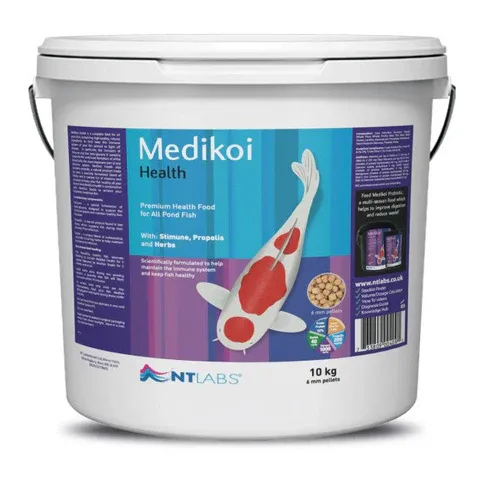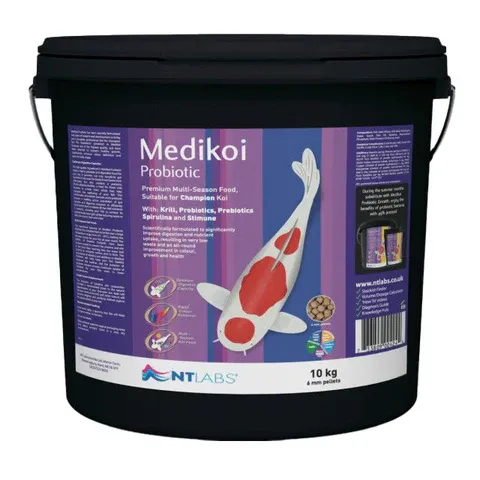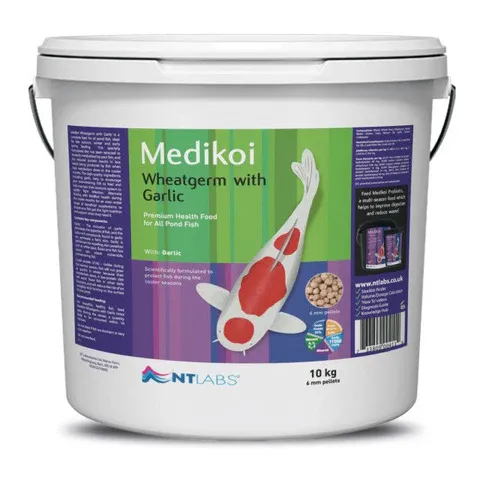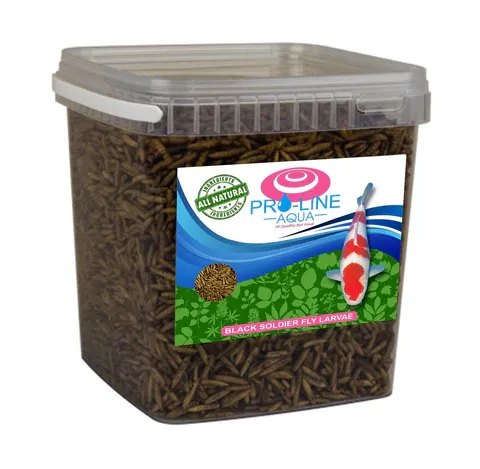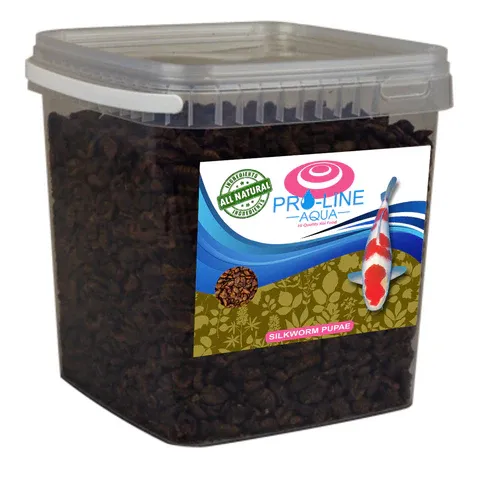KOI FOOD
Koi food is a crucial element in maintaining the health, color, and vitality of koi in any pond. Proper nutrition is essential for koi, as it directly impacts their growth, immune system, and overall well-being.
Koi food comes in various forms, including pellets, sticks, and flakes, each designed to meet the specific dietary needs of koi at different stages of their life. High-quality koi food typically contains a balanced mix of proteins, carbohydrates, fats, vitamins, and minerals. Proteins are essential for growth and repair, fats provide energy, and carbohydrates serve as an additional energy source. Vitamins and minerals support various physiological functions and help in disease resistance.
Seasonal feeding plays a pivotal role in koi nutrition. During warmer months, koi have higher metabolic rates and require food that is high in protein to support growth. In contrast, during cooler months, their metabolism slows, necessitating a diet lower in protein and higher in carbohydrates to help maintain their energy reserves without overloading their digestive system.
Specialised koi foods are also available to enhance specific aspects of koi health, such as color-enhancing foods that are rich in carotenoids to intensify the reds and yellows in koi pigmentation. Immune-boosting foods that contain additional vitamins or probiotics help to strengthen the koi's immune system, making them more resistant to diseases.
In addition to the type of food, feeding practices are also important. Overfeeding can lead to water quality issues, such as increased ammonia levels, which can be harmful to koi. Proper feeding involves giving koi as much food as they can consume in a few minutes, once or twice a day.

